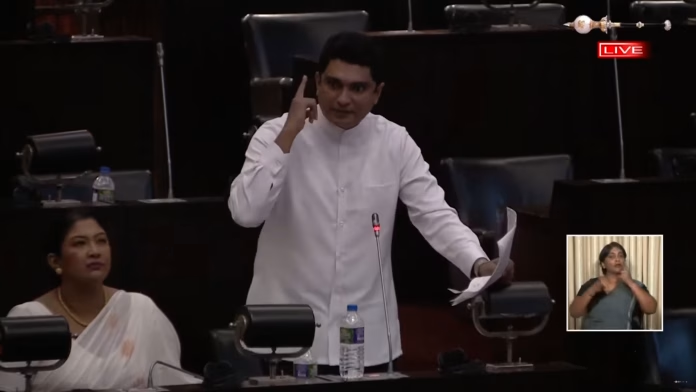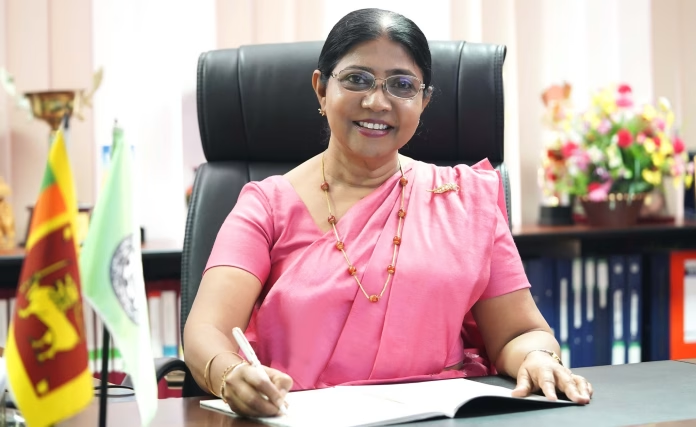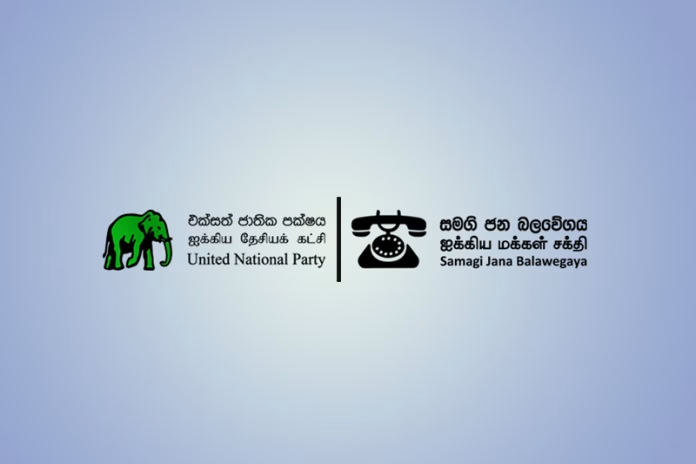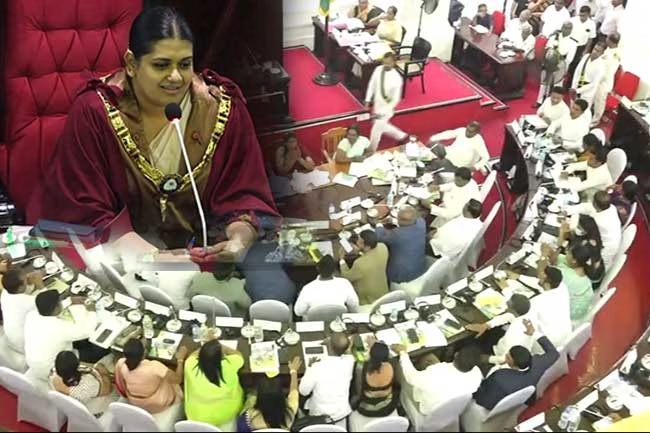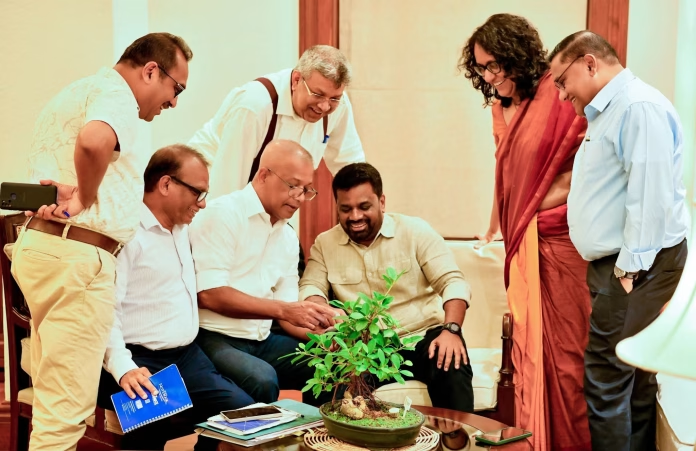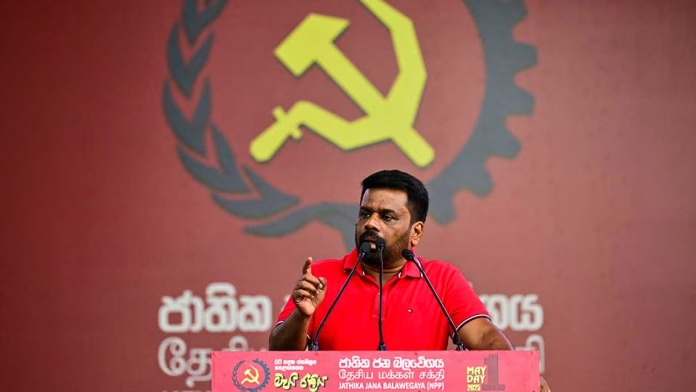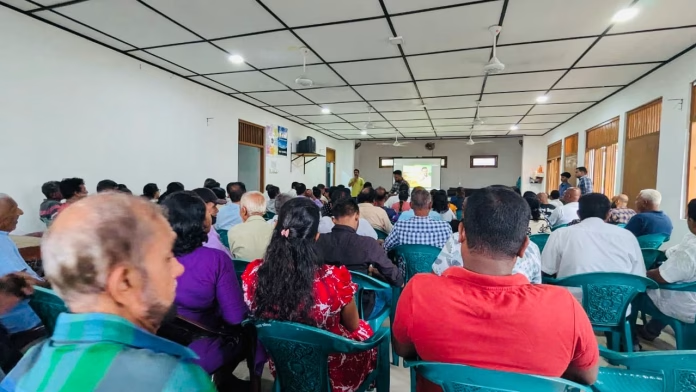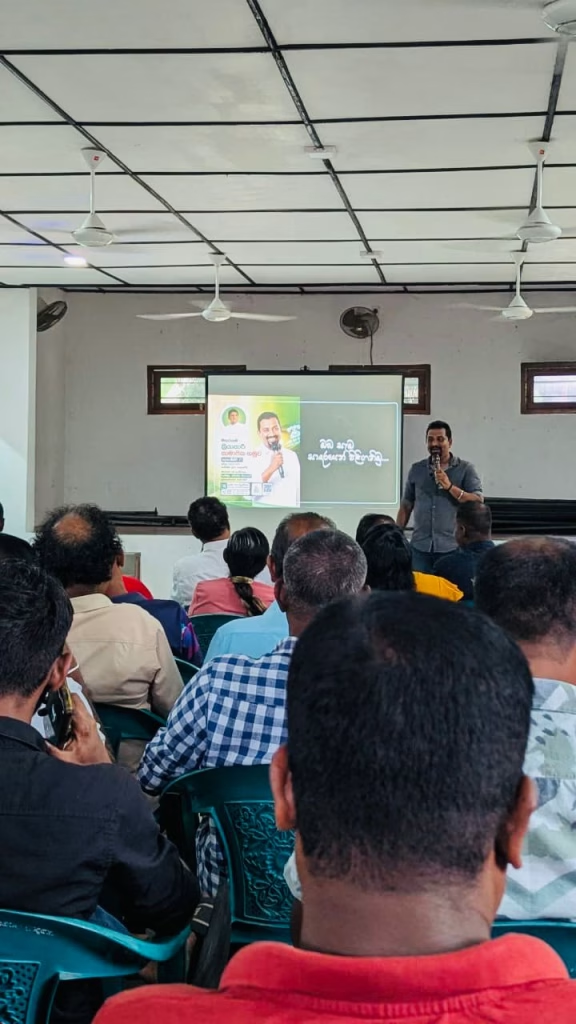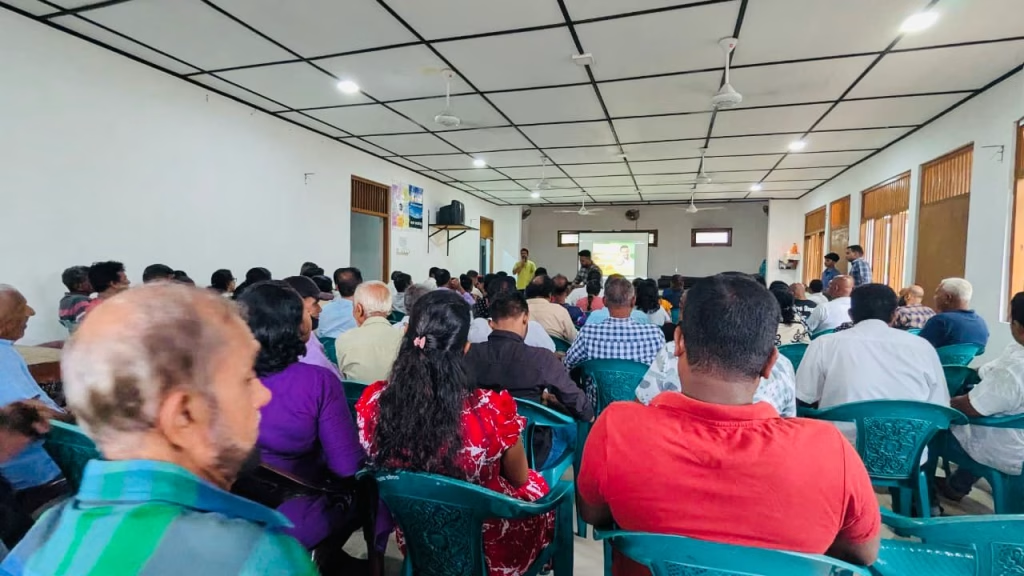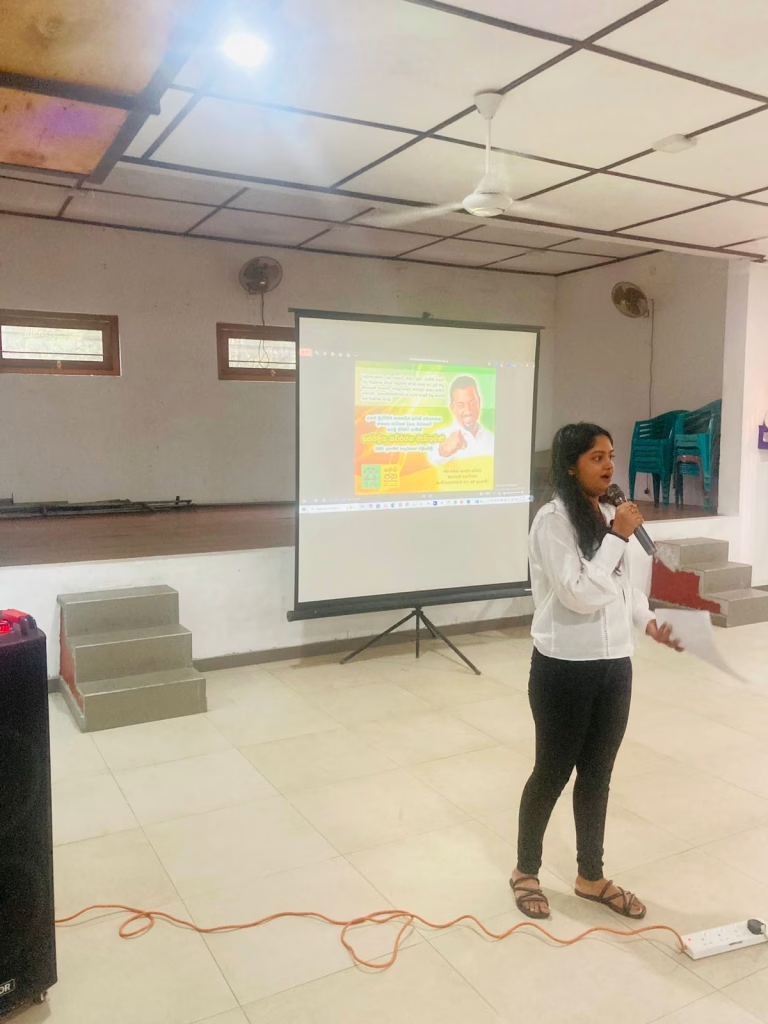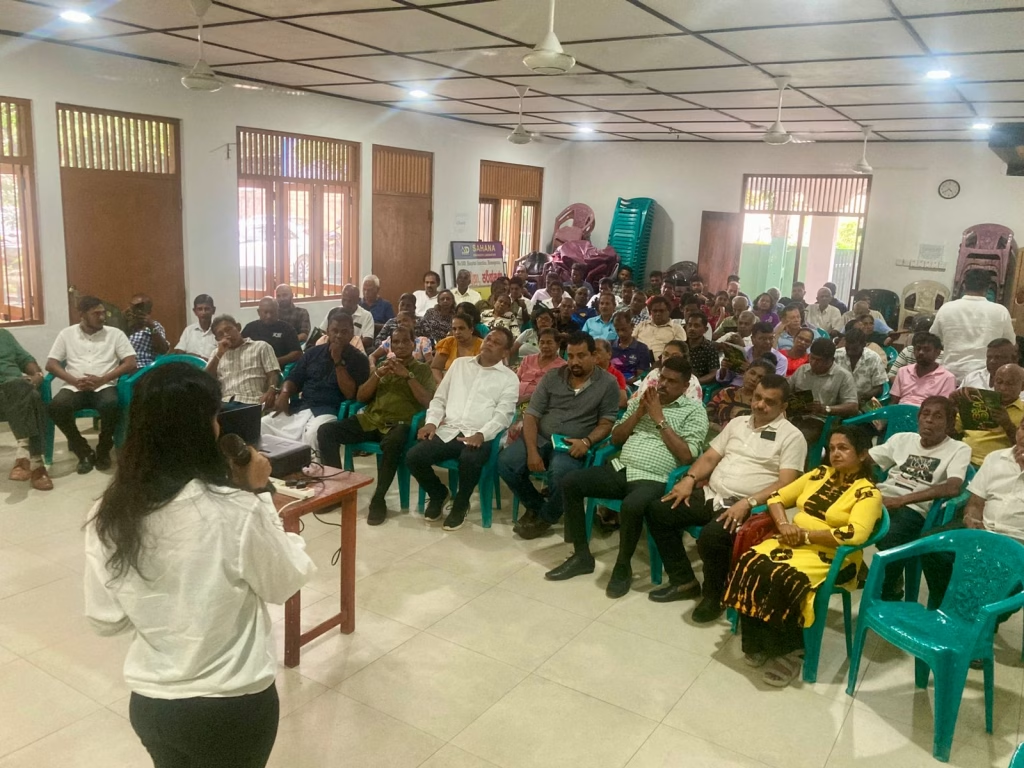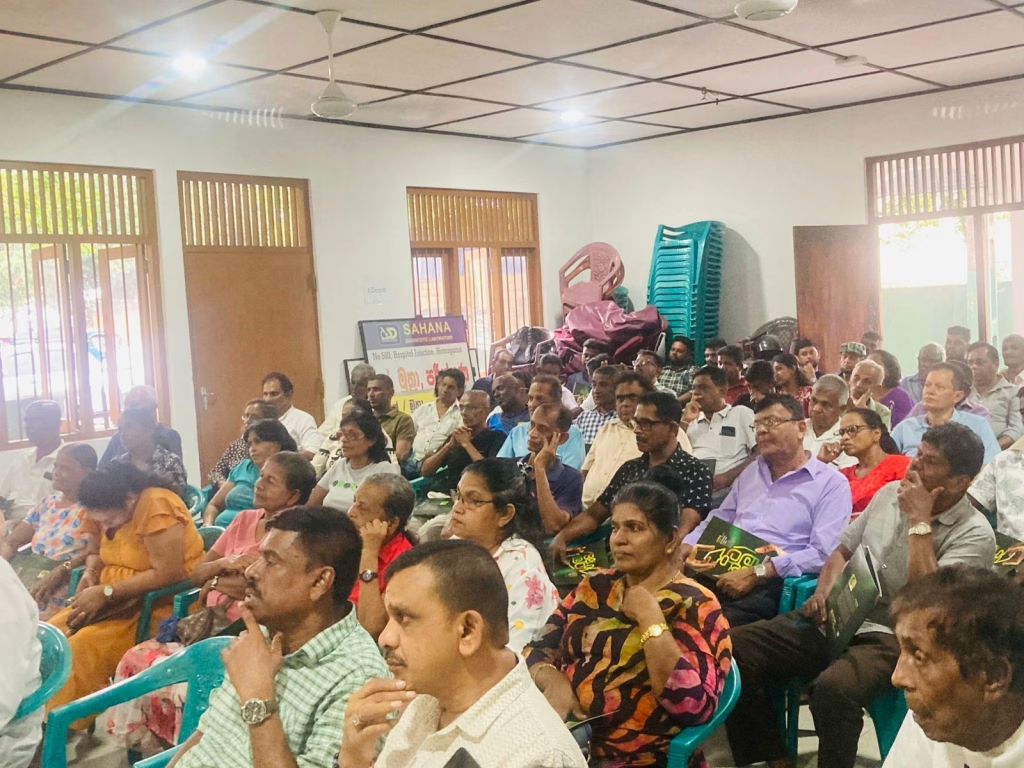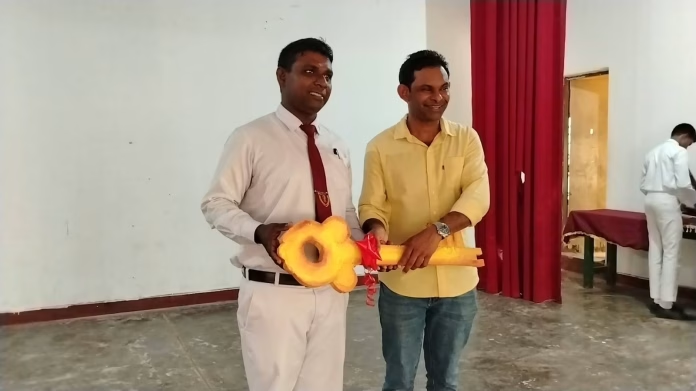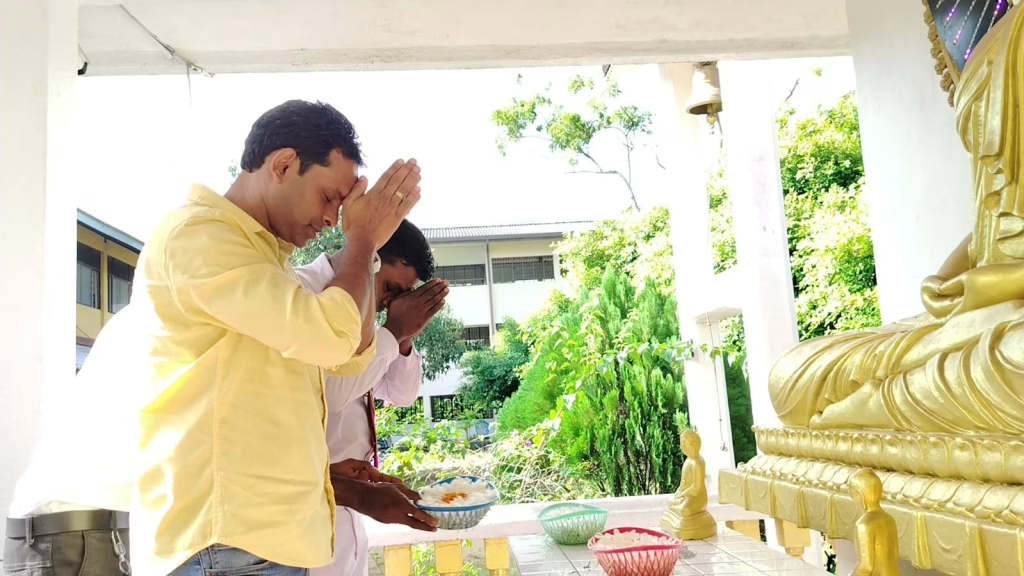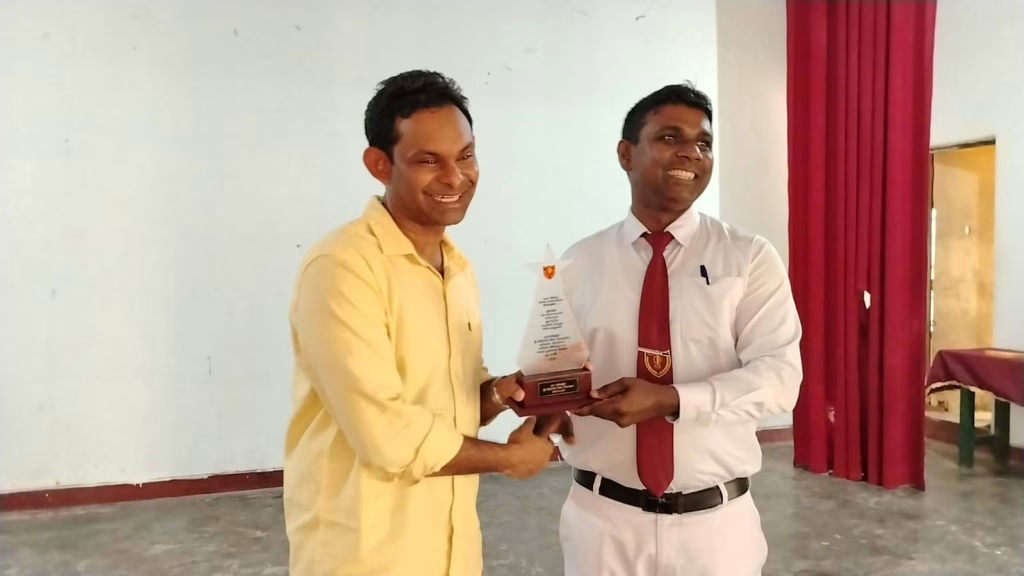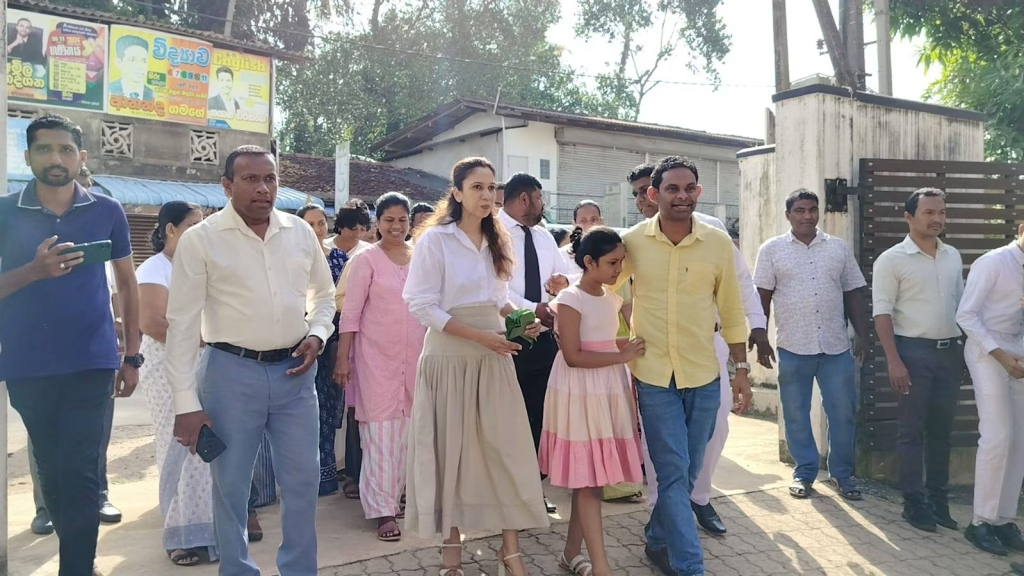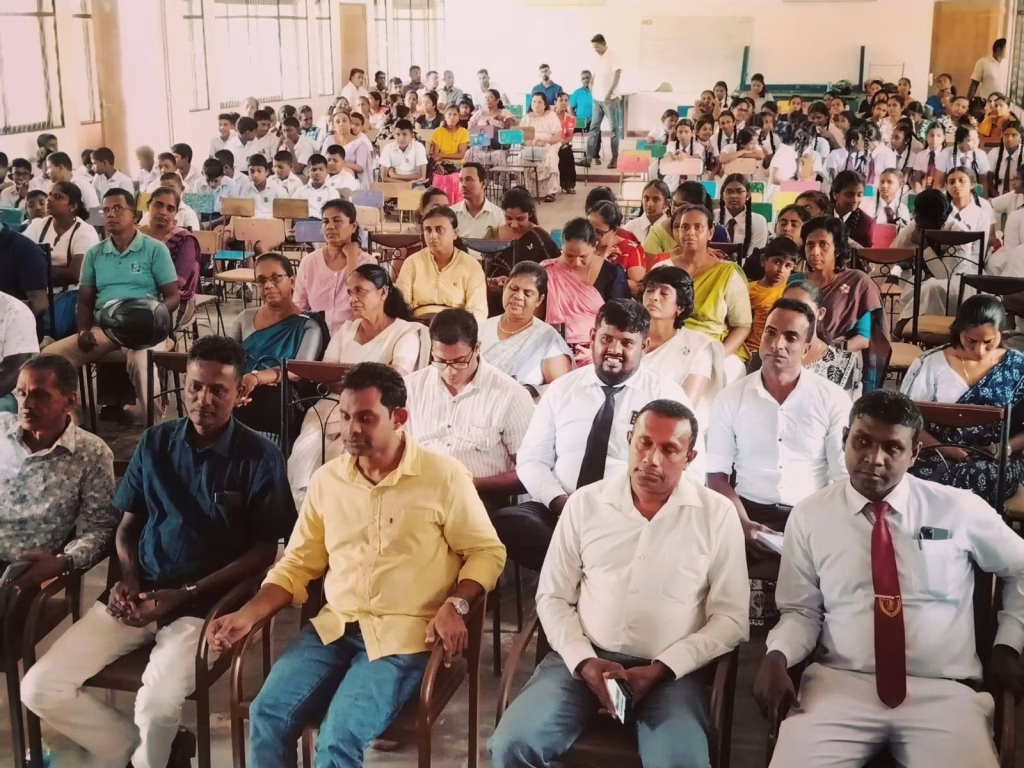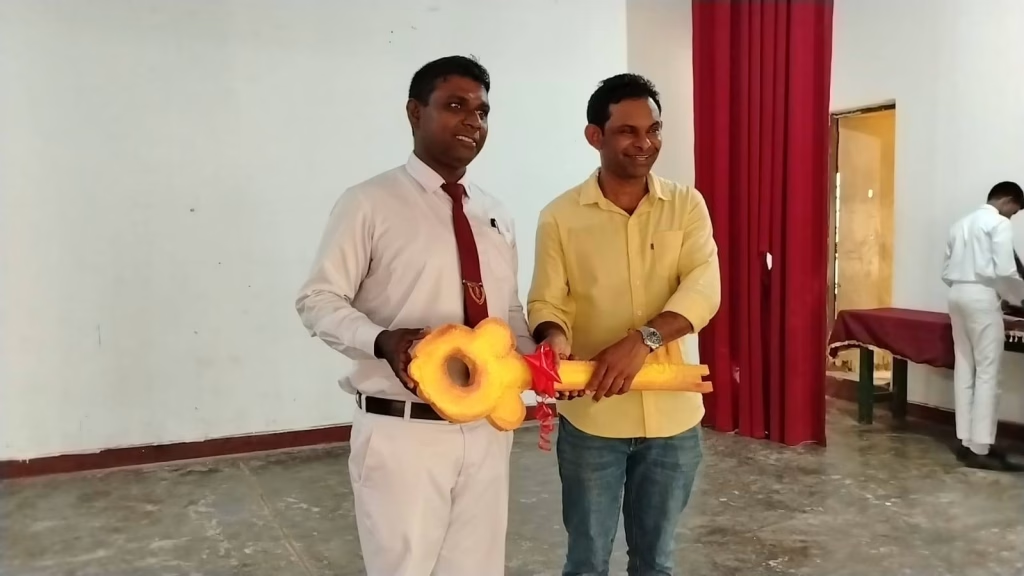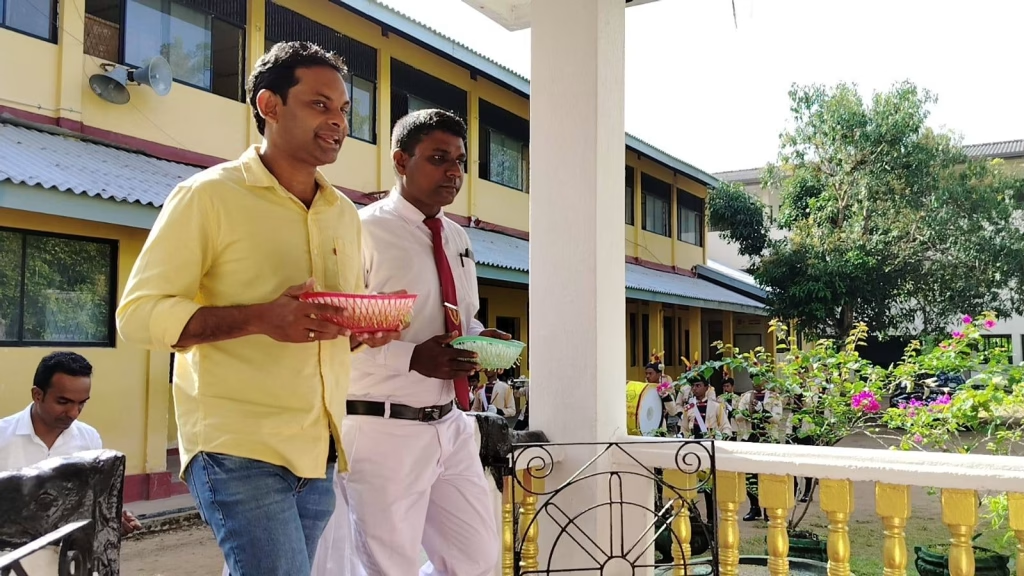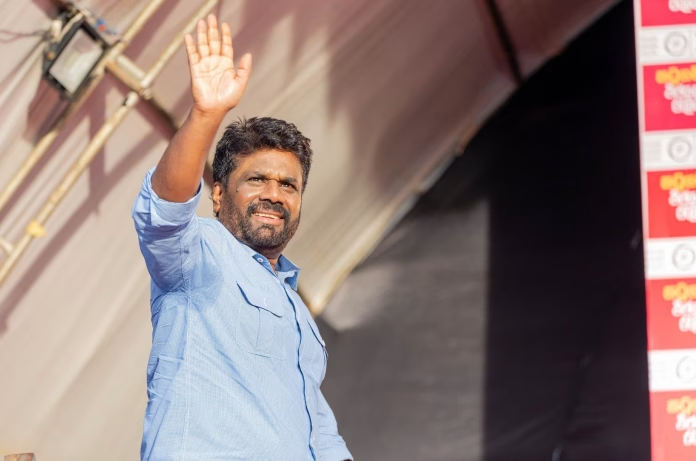Samagi Jana Balawegaya (SJB) Member of Parliament Prasad Siriwardana has launched a scathing attack on the current Janatha Vimukthi Peramuna (JVP)/National People’s Power (NPP) administration, branding it as a “little men’s government” lacking any vision or the strength to implement major projects. Despite the massive public mandate, Siriwardana asserted that President Anura Kumara Dissanayake is a “little man” who is simply “perched on the edge” of the “big chair” of the presidency, fearful of making decisive moves. The MP’s comments, made during an interview with an online channel, have sent shockwaves through the political arena.
Siriwardana pointed out that throughout Sri Lanka’s history, every administration has marked significant milestones essential for the country’s progress. He recalled how Sirimavo Bandaranaike’s government in the ’70s strengthened the national economy, J.R. Jayewardene’s government in ’77 introduced the open economy and connected the country to the world, Chandrika Kumaratunga’s government in ’94 expanded the university system, and Mahinda Rajapaksa’s government in 2004 concluded the war. However, Siriwardana lamented that the current NPP government, despite being in power for over a year, has failed even to commence a single positive or massive undertaking.
The MP charged that running a nation requires “big men” who dream big, but the country is currently governed by individuals who lack such personality or vision. He cited the recently exposed alleged corruption and irregularities at the Sri Lankan Embassy in Romania, as well as the distribution of modules with obscene content to Grade 6 students in the education sector, as clear evidence of the government’s administrative weakness. Despite the NPP’s promise of a “system change,” Siriwardana argued that what is practically unfolding is a further collapse of the system.
Siriwardana’s analysis clearly highlights the NPP government’s lack of experience and its helplessness when facing major challenges. He believes a government that cannot even protect its citizens during natural disasters like the recent Ditwa cyclone is unfit to take charge of the nation’s economy or future. He further stressed that the “petty politics” of “little men” are perfectly illustrated by the shameful attempts to cling to power by allegedly poaching councillors, even at the Colombo Municipal Council.

